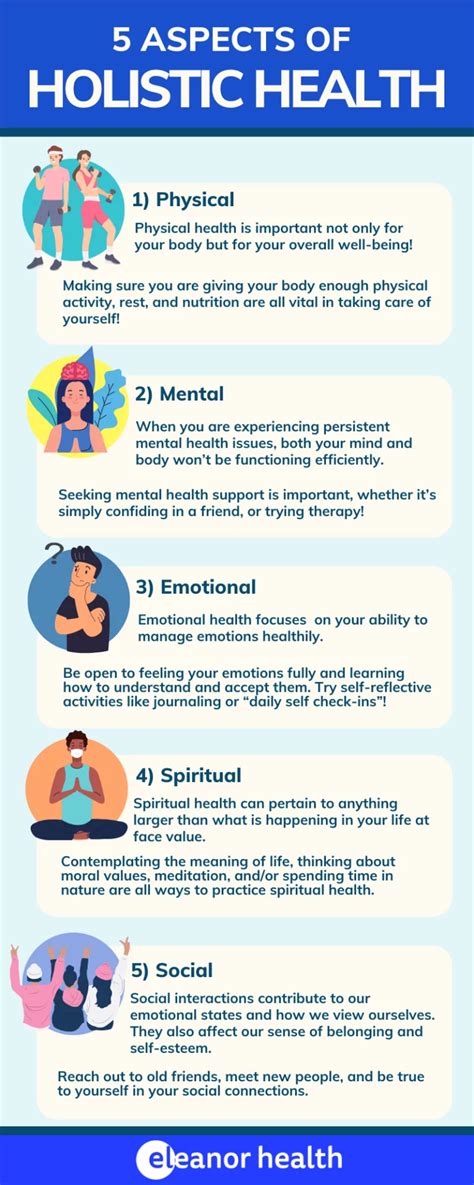How to optimize male hormone health for sustained energy, focus, and peak performance?

In the pursuit of sustained energy, laser-like focus, and peak performance, many men overlook a critical foundation: their hormone health. While often associated with aging, declining hormone levels, particularly testosterone, can impact men of all ages, leading to fatigue, reduced cognitive function, diminished libido, and a general lack of vitality. Understanding and actively optimizing your endocrine system is not just about avoiding decline; it’s about unlocking your full potential.

The Foundation: Understanding Key Male Hormones
While a complex symphony of hormones influences male health, testosterone stands as the primary conductor. Produced mainly in the testes, testosterone is vital for muscle mass, bone density, red blood cell production, fat distribution, libido, and mood. Other important hormones include DHEA, which is a precursor to testosterone and other steroids, and growth hormone, crucial for cell regeneration and metabolism. Imbalances in any of these can ripple across your entire system, affecting both physical and mental well-being.
Pillar 1: Nutrition for Hormonal Balance
Your diet is perhaps the most direct lever you can pull to influence hormone production. Focus on a whole-food, nutrient-dense approach:
- Healthy Fats: Cholesterol is a building block for steroid hormones like testosterone. Include sources like avocados, nuts, seeds, olive oil, and fatty fish (omega-3s).
- Adequate Protein: Essential for muscle repair and hormone synthesis. Lean meats, eggs, dairy, and legumes are excellent choices.
- Complex Carbohydrates: Provide sustained energy and prevent cortisol spikes. Opt for whole grains, fruits, and vegetables.
- Micronutrient Powerhouses: Zinc (oysters, red meat, pumpkin seeds) is critical for testosterone production. Vitamin D (sunlight, fatty fish, fortified foods) is essentially a steroid hormone precursor itself. Magnesium (leafy greens, nuts, seeds) supports countless bodily functions, including hormone regulation.
- Limit Processed Foods & Sugar: These can lead to inflammation and insulin resistance, negatively impacting hormone balance.

Pillar 2: Strategic Exercise for Hormonal Boost
Not all exercise is created equal when it comes to hormone optimization. The right types can significantly elevate levels:
- Strength Training: Lifting heavy weights (compound movements like squats, deadlifts, bench presses) is highly effective at boosting testosterone and growth hormone. Aim for 3-4 sessions per week.
- High-Intensity Interval Training (HIIT): Short bursts of intense exercise followed by brief recovery periods can also stimulate hormone release.
- Avoid Overtraining: Chronic, excessive cardio or overtraining without adequate recovery can actually elevate cortisol (stress hormone) and suppress testosterone. Listen to your body.

Pillar 3: Prioritizing Quality Sleep
Sleep is when your body repairs, regenerates, and produces many of its vital hormones. Chronic sleep deprivation is a major contributor to low testosterone and elevated cortisol.
- Aim for 7-9 Hours: Consistency is key. Go to bed and wake up around the same time each day, even on weekends.
- Optimize Your Sleep Environment: Dark, cool, quiet bedrooms promote deeper sleep.
- Limit Screen Time Before Bed: Blue light from devices can disrupt melatonin production, affecting sleep quality.
Pillar 4: Mastering Stress Management
Chronic stress triggers the release of cortisol, a hormone that, in excess, can directly suppress testosterone production and interfere with other hormonal pathways. Finding effective ways to manage stress is paramount.
- Mindfulness & Meditation: Even a few minutes a day can make a difference.
- Deep Breathing Exercises: Simple yet powerful for calming the nervous system.
- Hobbies & Social Connection: Engage in activities you enjoy and maintain strong social bonds to reduce feelings of isolation and stress.
- Time in Nature: Spending time outdoors has been shown to lower stress hormones.

Pillar 5: Environmental Awareness
Our modern environment is rife with endocrine-disrupting chemicals (EDCs) found in plastics, pesticides, and personal care products. These can mimic or block hormones, negatively impacting your natural balance.
- Reduce Plastic Use: Opt for glass or stainless steel containers for food and water.
- Choose Organic: Minimize exposure to pesticides in your food.
- Read Labels: Be aware of chemicals in personal care products and household cleaners.
Optimizing male hormone health is not a quick fix; it’s a holistic, integrated approach that weaves together thoughtful nutrition, strategic exercise, restorative sleep, and effective stress management. By making conscious choices in these areas, you empower your body to produce and regulate hormones optimally, paving the way for sustained energy, sharper focus, and ultimately, peak performance in all aspects of life.










